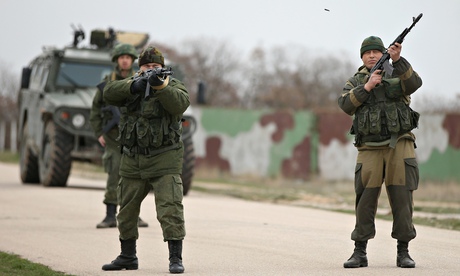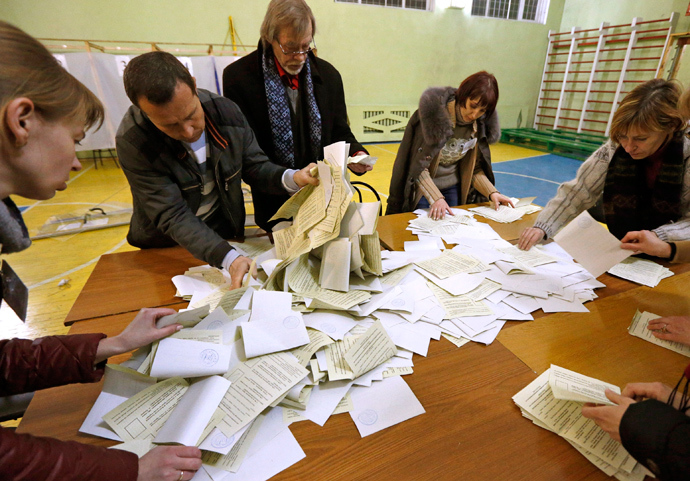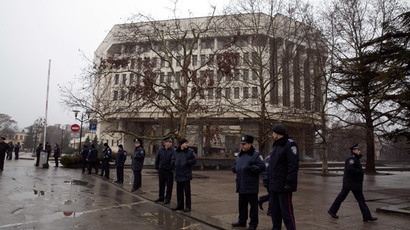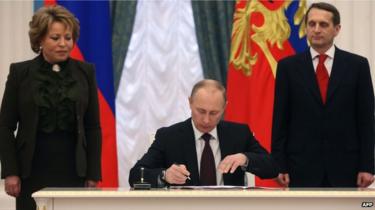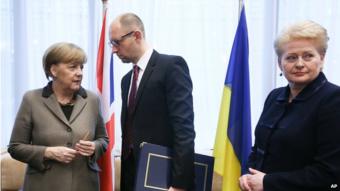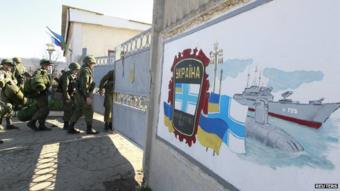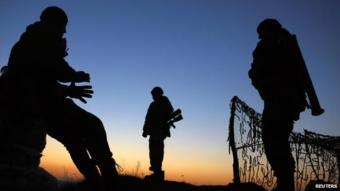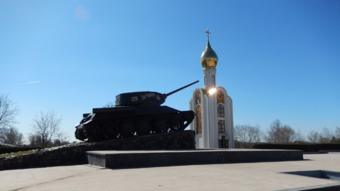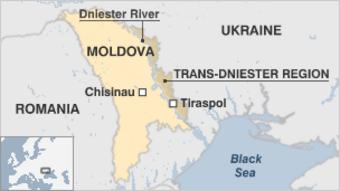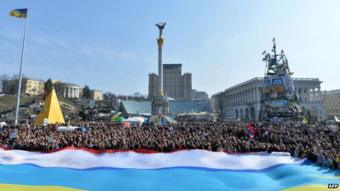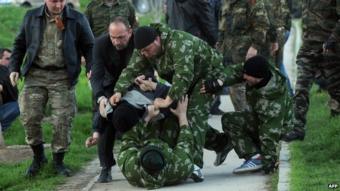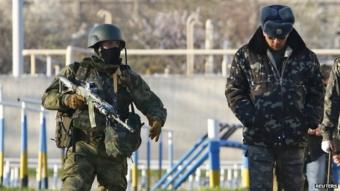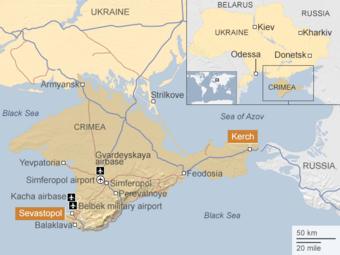unclb
Forum Veteran
You'll have to forgive me for not yet reading the aforementioned, foremost.
(Not to worry -I will go back & read) . Could it be Russians are keeping the piece/ stability among otherwise a very much restless crowd? IRS is not sending the right message simultaneously as being 'hypocrites' 'pleading the 5th !'
(Not to worry -I will go back & read) . Could it be Russians are keeping the piece/ stability among otherwise a very much restless crowd? IRS is not sending the right message simultaneously as being 'hypocrites' 'pleading the 5th !'


